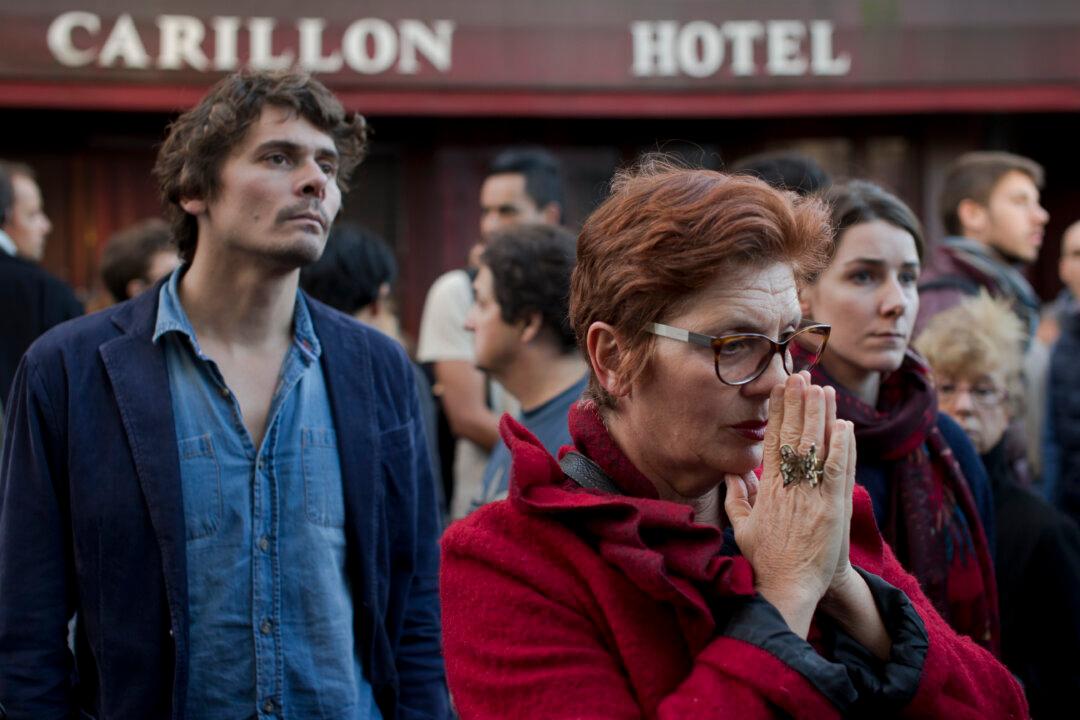Turkish officials warned French counterparts about Omar Ismail Mostefai, but never received an information request--until after the Paris attacks.
Mostefai has been identified by French authorities as one of the suicide bombers in the attacks across the capital that left over 100 dead and hundreds of others wounded.
A Turkish official told the Guardian that Turkey tried twice to warn France about Mostefai.
“We have, however, not heard back from France on the matter,” the official said. “It was only after the Paris attacks that the Turkish authorities received an information request about Omar Ismail Mostefai from France.”
Mostefai entered Turkey in 2013 but there is no record of him leaving. In October 2014, Turkey received an information request regarding four terror suspects from French officials but Mostefai was not one of them. It’s believed Mostefai entered Syria sometime that year.






